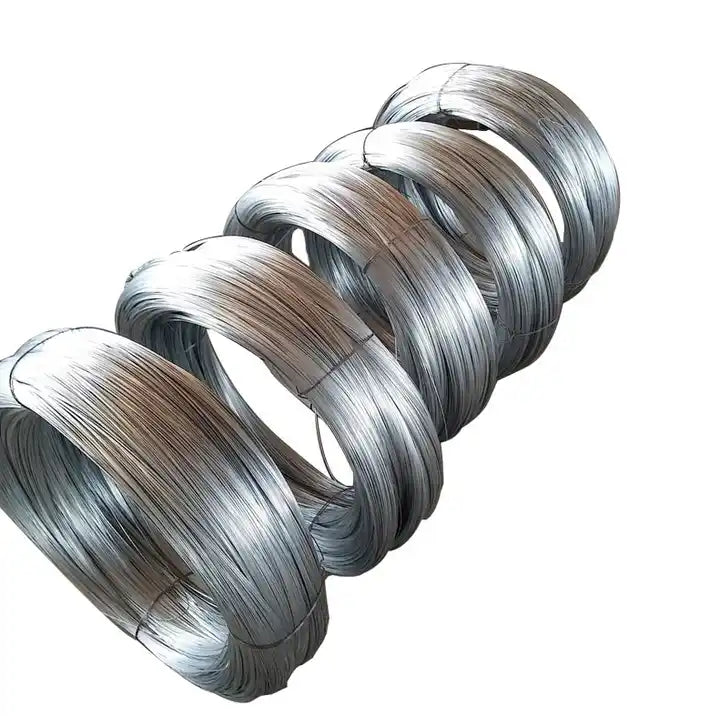310 stainless steel soft wire
310 stainless steel soft wire
Contact form
Alloy 310 is an austenitic chromium-nickel stainless steel known for its exceptional oxidation resistance and high-temperature strength. It can operate continuously at temperatures up to 2000ºF, as long as reducing sulfur gases are not present. For intermittent service, it effectively resists rescaling at temperatures up to 1900°F, thanks to its low coefficient of expansion. This property minimizes the risk of warping during heat service. Alloy 310S, a variant of Alloy 310, features a lower carbon content to reduce carbide precipitation during welding, making it suitable for applications where welding is necessary.
Applications of 310 Stainless Steel Soft Wire
The 310 stainless steel soft wire is versatile and widely used in various industries, including:
- Furnace parts
- Heat exchangers
- Paper mill equipment
- Exhaust parts in gas turbines
- Jet engine components
- Oil refinery equipment
Typical Chemistry of Alloy 310
The chemical composition of Alloy 310 is as follows:
- Carbon: 0.080 max
- Manganese: 2.00 max
- Silicon: 0.75 max
- Chromium: 24.00-26.00
- Nickel: 19.00-22.00
- Molybdenum: 0.75 max
- Phosphorus: 0.040 max
Physical Properties of 310 Stainless Steel Soft Wire
The physical characteristics of Alloy 310 stainless steel include:
- Density: 0.29 lbs/in³ (9.01 g/cm³)
- Electrical Resistivity: 37.0 microhm-in (94.0 microhm-cm) at 68°F (20°C)
- Specific Heat: 0.12 BTU/lb/°F (0.50 kJ/kg•K) at 32-212°F (0-100°C)
-
Thermal Conductivity:
- 8.0 BTU/hr/ft²/ft/°F (13.8 W/m•K) at 212°F (100°C)
- 10.8 BTU/hr/ft²/ft/°F (18.7 W/m•K) at 932°F (500°C)
-
Mean Coefficient of Thermal Expansion:
- 32-212°F (0-100°C): 8.0 x 10⁻⁶ in/in/°F (14.4 μm/m•K)
- 32-600°F (0-315°C): 9.3 x 10⁻⁶ in/in/°F (16.7 μm/m•K)
- 32-1000°F (0-538°C): 9.6 x 10⁻⁶ in/in/°F (17.3 μm/m•K)
- 32-1200°F (0-649°C): 9.7 x 10⁻⁶ in/in/°F (17.5 μm/m•K)
- Modulus of Elasticity: 29.0 x 10³ KSI (200 x 10³ MPa) in tension; 11.2 x 10³ KSI (78 x 10³ MPa) in torsion
- Magnetic Permeability: < 1.02 max at H = 200 Oersteds (Annealed)
- Melting Range: 2550 – 2650°F (1399 – 1454°C)
Share


